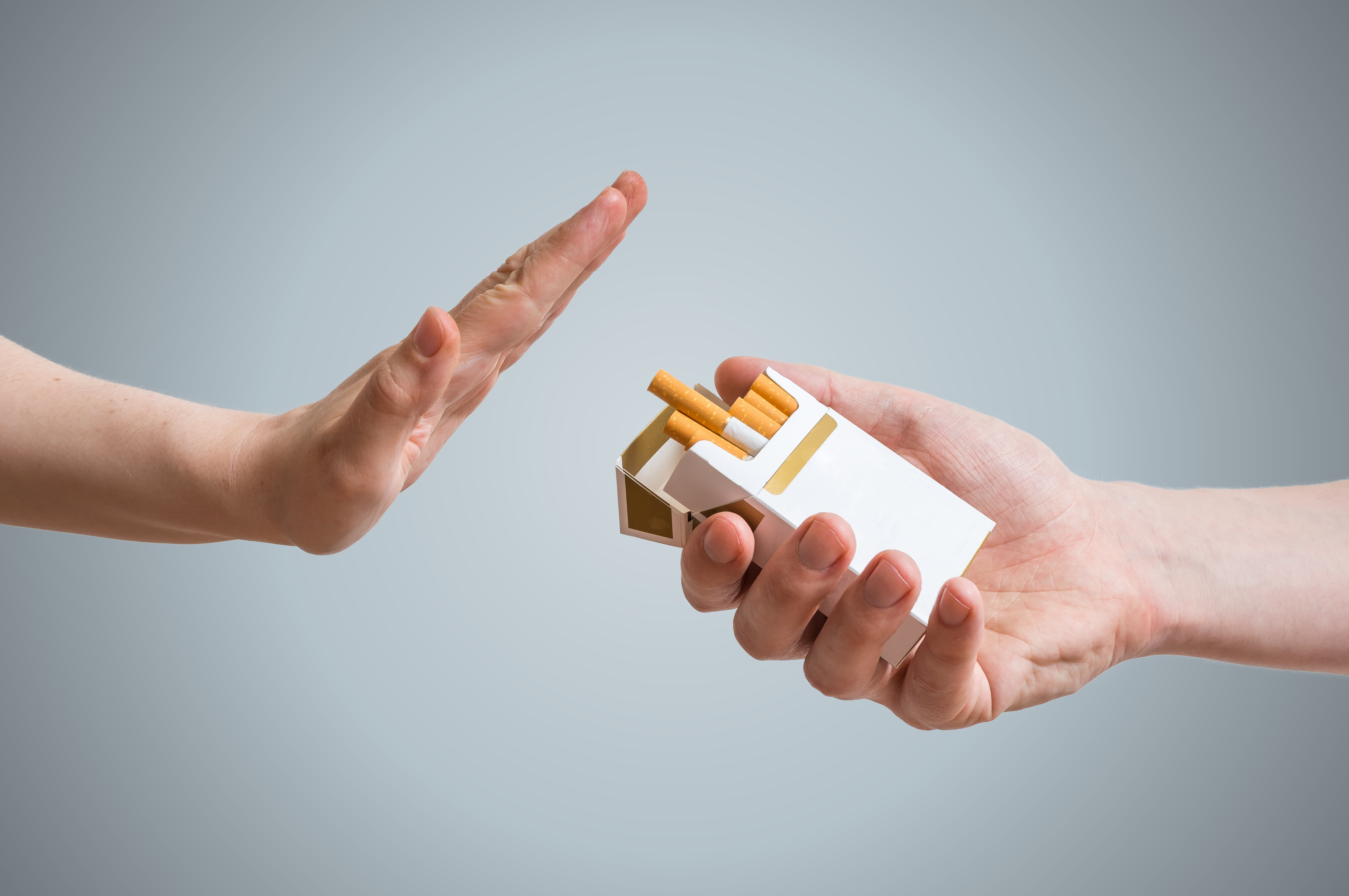
After viewing countless anti-smoking commercials, pamphlets and signs- even those that have graphic warnings printed right on the cigarette package- practically everyone is well aware that smoking is bad for their health. Smoking can lead to some terminal diseases such as cancer, lung disease and heart disease. But, have you ever considered the effects of smoking on your oral health? Every puff you take passes right from your lips, teeth, tongue,and lips. Contents Oral Cancer Gum Disease Cavities Stained Teeth Bad Breath Bottom Line Oral Cancer Smoking and chewing tobacco products can lead to cancer of the mouth, gums, lips and throat. The Australian Dental Association reported that there were 4,956 new cases of oral cancer last year with men accounting for more than half of that number. Studies show that 90% of people who have oral cancer are smokers. As much as it’s not an easy task, the best thing you can do to prevent oral cancer is to quit smoking. Gum Disease Smoking has a huge negative impact on your gums. It affects the proper functioning of gum tissue cells as well as the bone tissue anchoring your teeth. Smoking is likely to contribute to the formation of more bacterial plaque in the mouth. This puts your gums under steady attack. Also, smokers have low oxygen levels in their blood, which slows the healing process. When your gums get infected, your body is not well-equipped to deal with the infection. Statistics have it that people who smoke less than ten cigarettes per day are more likely to develop gum disease. Severe cases of gum disease can lead to tooth loss. Cavities They are a direct link between cavity formation and smoking. It’s a no-brainer that smoking increases your risk of tooth decay.Smokers are three times more at risk of developing dental cavities compared to non-smokers. Smoking Leads To Stained Teeth It does not come as a surprise that a good number of smokers have stained teeth. If you smoke for a certain period, nicotine will collect on the surface of your teeth. Once it has accumulated, it will begin to damage your enamel. In most cases, the teeth will become yellow due to ugly stains caused by smoking. Smoking Causes Bad Breath Smoking is known to cause bad breath, a condition known as Halitosis. Bad breath caused by smoking is not the type that you can hide using a quick breath mint. When you smoke, more than 4,000 chemicals pass through your mouth, many of these chemicals end up collecting on the surface of your mouth. Smoking also leads to dry mouth. This causes a conducive environment for bacteria that leads to bad breath to thrive. Bottom Line Following the article above, I hope you are now convinced it’s time to hit the bad habit away. We know it can be quite an uphill task,but with some help, you can manage it. However, if you have been smoking and have already developed some adverse effects, don’t shy away, visit us at Springvale Dental Clinic. Our dentists will receive you with open arms and will not lecture you about your habit. To make your dental services more affordable, we accept Medicare card for dental treatment that is covered under the plan. We also offer Medicare Bulk Billing services. This means that you will not have to worry about following up for compensation by Medicare after dental treatment.

